

Articles
Who Can Install A Water Heater
Modified: January 18, 2024
Looking for articles on who can install a water heater? Find expert advice and tips on water heater installation from our knowledgeable team.
(Many of the links in this article redirect to a specific reviewed product. Your purchase of these products through affiliate links helps to generate commission for Storables.com, at no extra cost. Learn more)
Introduction
When it comes to having a reliable and efficient source of hot water in your home, a water heater is an essential appliance. Whether you are replacing an old water heater or installing a new one, ensuring it is properly installed is crucial for optimal performance and safety.
In this article, we will explore the different types of water heaters available, the benefits of hiring a professional installation service, the possibility of DIY installation, safety considerations, and the permits and building codes you need to follow. By the end, you will have a comprehensive understanding of who can install a water heater and the various factors to consider when making this important decision.
Key Takeaways:
- Hiring a professional installation service for your water heater offers expertise, convenience, and warranty coverage, ensuring a safe and compliant installation process while saving you time and effort.
- Prioritize safety, compliance with building codes, and proper permits when installing a water heater to prevent hazards, legal issues, and ensure a reliable and efficient hot water system for your home.
Read more: Who Can Fix My Water Heater
Types of Water Heaters
Before diving into the installation process, it’s important to understand the different types of water heaters available. Each type has its own set of advantages and considerations:
- Conventional Storage Tank Water Heaters: These are the most common type of water heaters found in homes. They store and heat a large amount of water in a tank and provide a steady supply of hot water.
- Tankless Water Heaters: Also known as on-demand water heaters, these units heat water directly without the need for a storage tank. They are energy-efficient and provide hot water on-demand, making them ideal for smaller households or point-of-use applications.
- Heat Pump Water Heaters: These water heaters use electricity to move heat from the air or ground to heat the water. They are more energy-efficient than conventional storage tank heaters but may have higher upfront costs.
- Solar Water Heaters: Solar water heaters utilize the sun’s energy to heat water. They can significantly reduce energy costs, especially in areas with ample sunlight. However, they may require additional equipment and have higher installation costs.
- Tankless Coil and Indirect Water Heaters: These types of water heaters are typically used with boilers or solar systems. They heat the water indirectly using the heat from another source, such as a boiler, and are not suitable for standalone use.
When deciding which type of water heater to install, consider factors such as your household’s hot water needs, energy efficiency goals, and budget. Consulting with a professional can help you determine which type is the best fit for your specific requirements.
Hiring a Professional Installation Service
Installing a water heater is a complex task that requires knowledge of plumbing systems and electrical connections. While some homeowners may be tempted to tackle the installation themselves, hiring a professional installation service offers several advantages:
- Expertise and Experience: Professional installers have the knowledge and experience to handle water heater installations efficiently and accurately. They are familiar with the different types of water heaters and can recommend the best option for your needs.
- Proper Tools and Equipment: Installing a water heater requires specialized tools and equipment. Professional installation services come fully equipped with the necessary tools to ensure a safe and reliable installation.
- Time and Convenience: By hiring professionals, you can save valuable time and effort. They will handle all aspects of the installation, from removing the old unit to connecting the new one, allowing you to focus on other tasks.
- Warranty Coverage: Many water heater manufacturers require professional installation to validate the warranty. By hiring professionals, you can ensure that your warranty remains intact, giving you peace of mind in case any issues arise in the future.
- Compliance with Building Codes: Professional installers are well-versed in local building codes and regulations concerning water heater installations. They will ensure that the installation meets all the necessary safety standards, preventing any potential issues down the line.
When hiring a professional installation service, be sure to research and choose a reputable and licensed company. Check their credentials, read customer reviews, and compare quotes from multiple providers to ensure you are getting the best service at a fair price.
Remember that the cost of hiring professionals may vary depending on factors such as the type of water heater, complexity of the installation, and your location. It’s a worthwhile investment considering the expertise, convenience, and warranty coverage they provide.
DIY Installation of a Water Heater
While hiring a professional installation service is highly recommended, some homeowners may prefer to install a water heater themselves as a DIY project. However, it’s important to note that water heater installation can be a challenging and potentially dangerous task. If you choose to proceed with a DIY installation, here are some important considerations:
- Assess Your Skills and Knowledge: Installing a water heater requires a good understanding of plumbing systems, electrical connections, and safety regulations. If you don’t have prior experience or feel unsure about your capabilities, it’s best to hire a professional to avoid any potential problems or hazards.
- Read the Manufacturer’s Instructions: Before beginning the installation process, carefully read the manufacturer’s instructions that come with your water heater. These instructions provide step-by-step guidance specific to your unit and should be followed meticulously.
- Gather the Necessary Tools and Equipment: Ensure that you have all the required tools and equipment for the installation, including adjustable wrenches, pipe cutters, pipe dope, Teflon tape, and a propane torch if needed. Using the appropriate tools will help you complete the installation more effectively.
- Shut Off Utilities and Drain the Tank: Before removing the old water heater, make sure to shut off the electricity or gas supply and close the water inlet valve. Also, drain the tank completely to prevent any water leakage during the installation process.
- Properly Connect the Plumbing and Electrical Components: Follow the manufacturer’s instructions to connect the plumbing and electrical components correctly. Ensure that all connections are secure, and there are no leaks.
- Test for Leaks and Proper Functioning: After the installation is complete, carefully inspect all connections and fittings for leaks. It’s also important to test the water heater to ensure it is functioning correctly and producing hot water at the desired temperature.
- Consider Consulting a Professional: If you encounter any difficulties or uncertainties during the installation process, it’s advisable to consult with a professional plumber or electrician. They can offer guidance and ensure that the installation is done safely and up to code.
Remember, DIY installation of a water heater can void the manufacturer’s warranty and may not comply with local building codes if not done correctly. It’s crucial to prioritize your safety and the proper functioning of the appliance when considering a DIY installation.
If in doubt, it’s always wise to consult a professional installation service to ensure a safe and efficient installation process.
When looking for someone to install a water heater, make sure to hire a licensed plumber or a professional HVAC technician with experience in water heater installation. Always ask for references and check for proper insurance and permits.
Safety Considerations for Water Heater Installation
Installing a water heater involves working with electricity, gas lines, and water connections, which can potentially pose safety risks if not done correctly. To ensure a safe installation process, here are some important safety considerations to keep in mind:
- Turn Off Power and Gas: Before beginning any installation work, make sure to turn off the power supply to the water heater at the circuit breaker and shut off the gas supply at the valve. This will prevent any potential electrical shocks or gas leaks during the installation process.
- Beware of Hot Water and Steam: During the installation, be cautious of the hot water and steam that may be present in the tank. Open faucets or relief valves to drain any remaining hot water or steam to avoid burns or scalds.
- Use Proper Venting and Ventilation: Ensure that the water heater is properly vented according to the manufacturer’s instructions and local building codes. Proper venting will prevent the buildup of harmful gases, such as carbon monoxide, within your home.
- Secure Gas Connections: If your water heater is gas-powered, use caution when connecting the gas supply line. Apply pipe dope or Teflon tape to ensure tight and secure connections. Check for gas leaks using a gas leak detector or soapy water solution.
- Follow Plumbing Guidelines: When connecting the water supply lines, ensure that all connections are properly tightened and leak-free. Use Teflon tape or pipe dope on threaded connections to create a watertight seal.
- Properly Insulate Electrical Connections: If your water heater has electrical components, ensure that all electrical connections are properly insulated to prevent electrical shocks. Use electrical tape or wire connectors to secure and protect the connections.
- Ensure Proper Clearance: Maintain proper clearance around the water heater as specified in the manufacturer’s instructions and building codes. This helps prevent fire hazards and ensures proper ventilation and accessibility for maintenance and repairs.
- Consider Carbon Monoxide Detectors: Install carbon monoxide detectors near the area of the water heater, especially if it is a gas-powered unit. Carbon monoxide is a colorless and odorless gas that can be deadly, and detectors can provide an early warning in case of a leak.
- Follow Local Building Codes: Familiarize yourself with the local building codes and regulations for water heater installations. Ensure that your installation complies with those codes to avoid potential fines, insurance issues, or safety hazards.
Keep in mind that these safety considerations are not exhaustive, and it’s essential to consult the manufacturer’s instructions and seek professional guidance if you have any doubts or concerns. Prioritizing safety throughout the installation process will help prevent accidents, protect your property, and ensure the longevity of your water heater.
Read more: How To Install A Water Heater
Permits and Building Codes for Water Heater Installation
When installing a water heater, it is crucial to comply with local building codes and obtain any necessary permits. These regulations are in place to ensure the safety and proper functioning of the appliance. Here are some important considerations regarding permits and building codes:
- Research Local Requirements: Building codes and permit requirements can vary from one jurisdiction to another. Contact your local building authority or visit their website to understand the specific regulations that apply to water heater installations in your area.
- Permit Application: In most cases, you will need to apply for a permit before installing a water heater. The permit application may require you to provide information such as the type of water heater, its location, and the estimated cost of the installation.
- Inspections: After the installation is complete, a building inspector will typically conduct an inspection to ensure that the installation complies with the local building codes and safety standards. This step is crucial to obtain a final approval for the installation.
- Installation Guidelines: Building codes outline specific guidelines for water heater installations, such as clearance requirements, proper venting, and appropriate electrical connections. These guidelines ensure the safe and efficient operation of the water heater and prevent potential hazards.
- Professional Certification and Licensing: Some jurisdictions may require that the water heater installation be performed by a licensed professional. This helps ensure that the installation is done correctly and meets the necessary standards.
- Fire and Safety Considerations: Building codes often include regulations regarding the location of the water heater in relation to other combustible materials, as well as the installation of required fire protection measures. Adhering to these guidelines helps prevent fire hazards and ensures the safety of your home.
- Consequences of Non-Compliance: Failure to comply with building codes and obtain the necessary permits can have serious consequences. It may result in fines, delays in selling or insuring your property, or even the requirement to remove and reinstall the water heater to meet the code requirements.
- Consult with Professionals: To ensure compliance with the regulations, it is recommended to consult with professionals who are familiar with local building codes. They can help you navigate the permit application process, provide guidance on installation requirements, and ensure that the installation passes the necessary inspections.
Remember, building codes and permit requirements are in place to protect homeowners and ensure the safety of their properties. By adhering to these regulations, you can have peace of mind knowing that your water heater installation is done correctly and meets the necessary standards.
Steps for Installing a Water Heater
Installing a water heater requires careful planning and a step-by-step approach to ensure a safe and successful installation. Here are the general steps involved in installing a water heater:
- Gather the Necessary Materials: Start by gathering all the materials and tools required for the installation. This includes the new water heater, pipes, fittings, Teflon tape, pipe wrenches, adjustable wrenches, and a propane torch if needed.
- Shut Off Utilities: Before removing the old water heater, shut off the electricity or gas supply at the respective shut-off valves. Also, close the water inlet valve to stop the flow of water into the tank.
- Drain the Tank: Connect a garden hose to the drain valve at the base of the tank. Place the other end of the hose in a suitable drain or outdoor area. Open the drain valve and allow the tank to fully drain. Once drained, close the drain valve.
- Disconnect and Remove the Old Water Heater: Disconnect the water supply lines and electrical or gas connections from the old water heater. Carefully remove the old water heater from its location, ensuring not to damage any surrounding components or surfaces.
- Prepare the Placement Area: Clean the area where the new water heater will be installed, ensuring it is clear of debris and obstacles. Check the manufacturer’s instructions for any specific requirements regarding the placement area.
- Install the Expansion Tank (if applicable): If your system requires an expansion tank to regulate high water pressure, follow the manufacturer’s instructions to properly install it. This is typically done on the cold water supply line near the inlet connection.
- Connect the Water Supply Lines: Use new flexible water supply lines and connect them to the hot and cold water inlet connections on the new water heater. Tighten the connections using adjustable wrenches, ensuring they are secure but not over-tightened.
- Connect the Discharge Pipe: Install a discharge pipe on the temperature and pressure relief valve to safely direct any excessive pressure or hot water. The pipe should extend down to within 6 inches of the floor or to a suitable drain.
- Connect Gas or Electrical Connections: If your water heater is gas-powered, follow the manufacturer’s instructions to properly connect the gas supply line using pipe dope or Teflon tape. If electrically powered, properly connect the electrical wiring according to local codes and the manufacturer’s instructions.
- Fill the Tank and Check for Leaks: Open the water inlet valve to allow water to fill the tank. Check all connections, fittings, and valves for any signs of leaks. Use a soapy water solution to detect any leaks and tighten the connections if necessary.
- Test the Water Heater: Once the tank is filled and there are no leaks, restore power to the water heater or relight the pilot light (if applicable). Set the temperature to the desired level and allow the water heater to heat the water. Check that hot water is flowing from the faucets.
- Dispose of the Old Water Heater: Properly dispose of the old water heater according to local regulations. Consider recycling options or contact your local waste management facility for guidance on proper disposal methods.
While these steps provide a general overview of the water heater installation process, it’s important to refer to the manufacturer’s instructions and consult with professionals when needed. Following the proper installation procedures will ensure the longevity, efficiency, and safety of your new water heater.
Conclusion
Installing a water heater is a significant undertaking that requires careful consideration and adherence to safety protocols. Whether you decide to hire a professional installation service or take on the project yourself as a DIY endeavor, it is essential to prioritize the proper installation and compliance with local building codes.
Understanding the different types of water heaters available allows you to choose the best option for your specific needs, taking into account factors such as energy efficiency, hot water demands, and budget constraints. Consulting with professionals can provide valuable insights, ensuring that you make an informed decision that aligns with your requirements.
Hiring a professional installation service offers numerous benefits, including their expertise, access to the necessary tools and equipment, and the assurance of warranty coverage. Professionals are well-versed in local building codes, ensuring that the installation is done safely and in compliance with regulations.
Alternatively, if you opt for a DIY installation, it is crucial to assess your skills and knowledge, follow the manufacturer’s instructions meticulously, and prioritize safety at every step. Be aware of the potential challenges and consider consulting a professional for guidance or assistance when needed.
Safety is of utmost importance during the water heater installation process. Following safety considerations such as shutting off utilities, proper venting, secure connections, and adherence to building codes ensures the well-being of your household and the prevention of potential hazards.
Obtaining the necessary permits and complying with building codes is crucial to avoid legal and safety issues. Researching local requirements, applying for permits, and scheduling inspections are essential steps to ensure a smooth and compliant installation process.
Lastly, understanding the step-by-step process involved in installing a water heater helps ensure a successful installation. From gathering the necessary materials to testing for leaks and ensuring proper functioning, following a systematic approach guarantees a reliable and efficient water heater system for your home.
By considering these factors and following the recommended guidelines, you can confidently install a water heater that meets your hot water needs while prioritizing safety, efficiency, and compliance with regulations.
Frequently Asked Questions about Who Can Install A Water Heater
Was this page helpful?
At Storables.com, we guarantee accurate and reliable information. Our content, validated by Expert Board Contributors, is crafted following stringent Editorial Policies. We're committed to providing you with well-researched, expert-backed insights for all your informational needs.
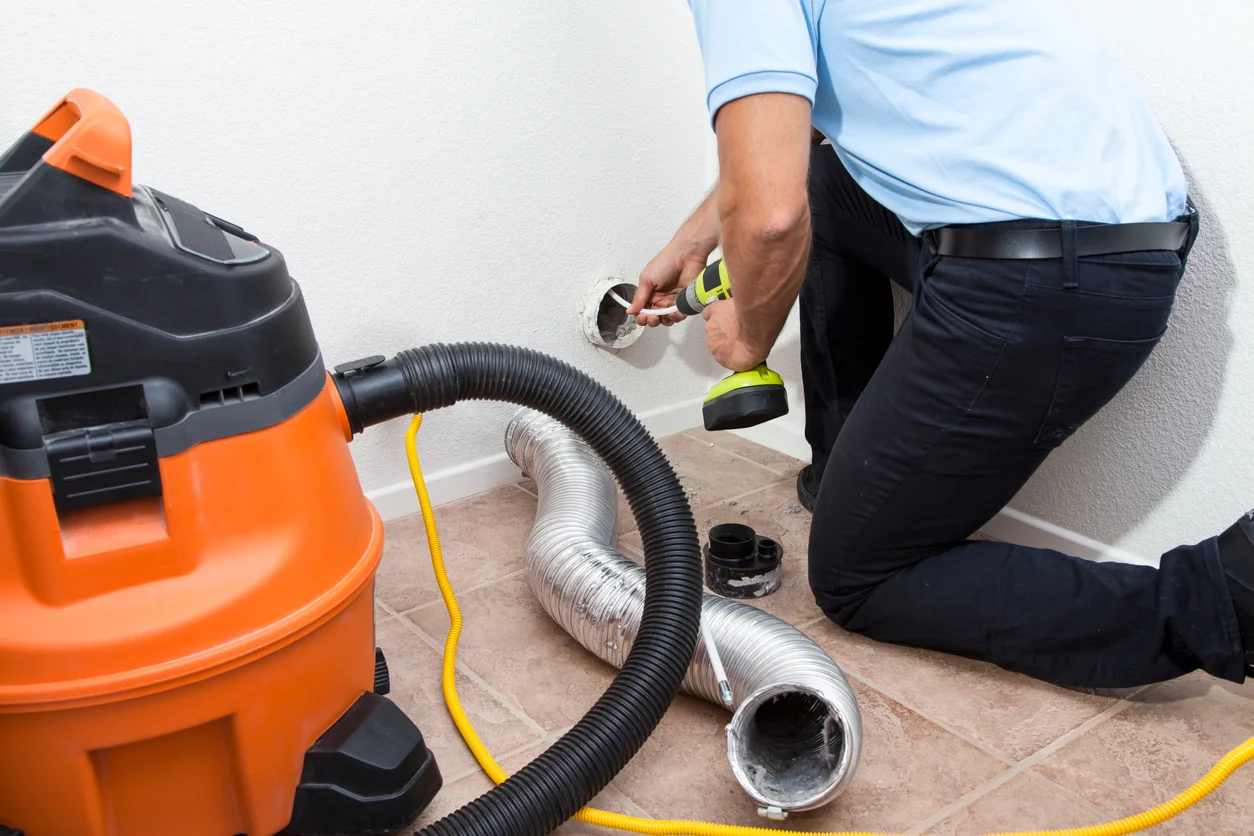
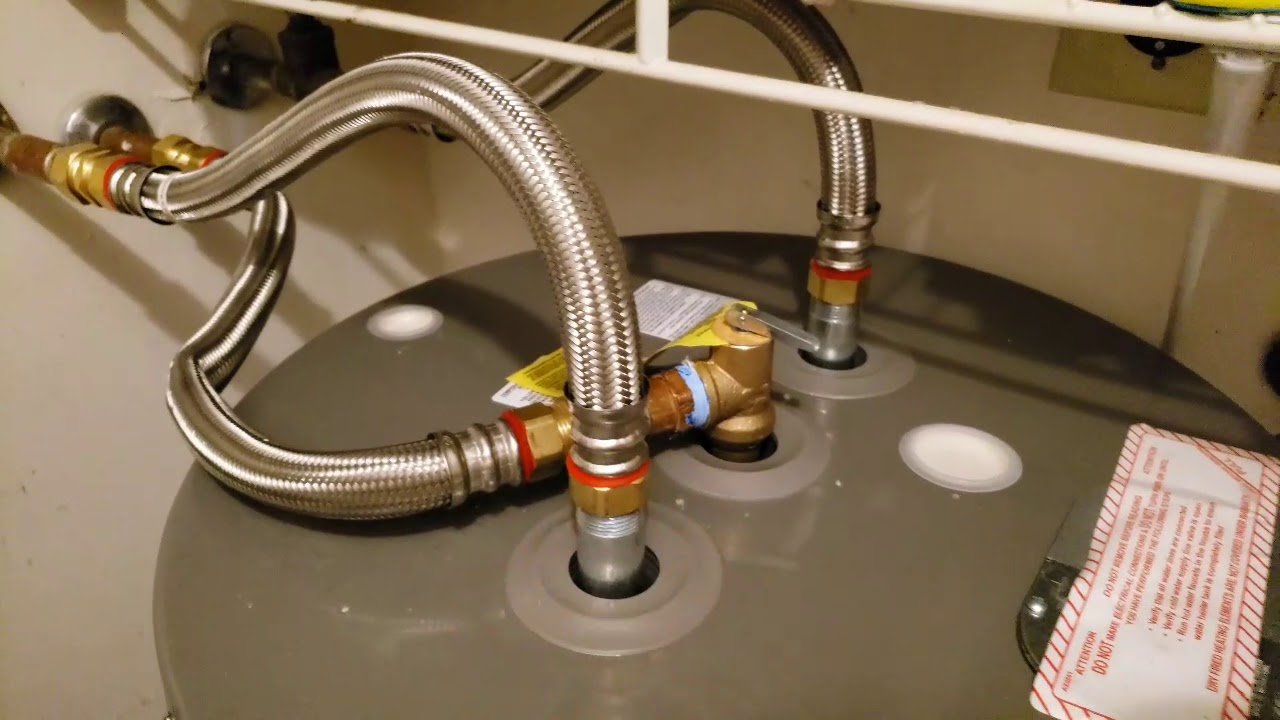
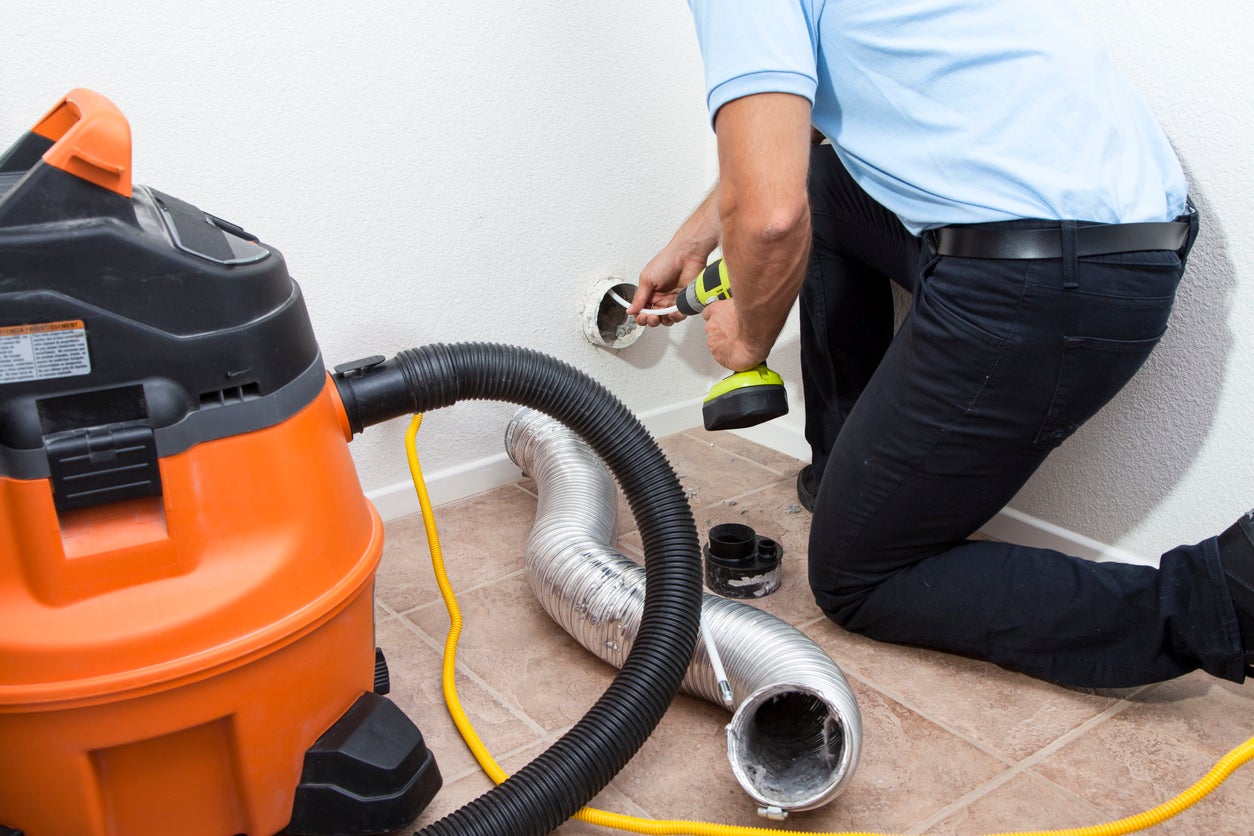
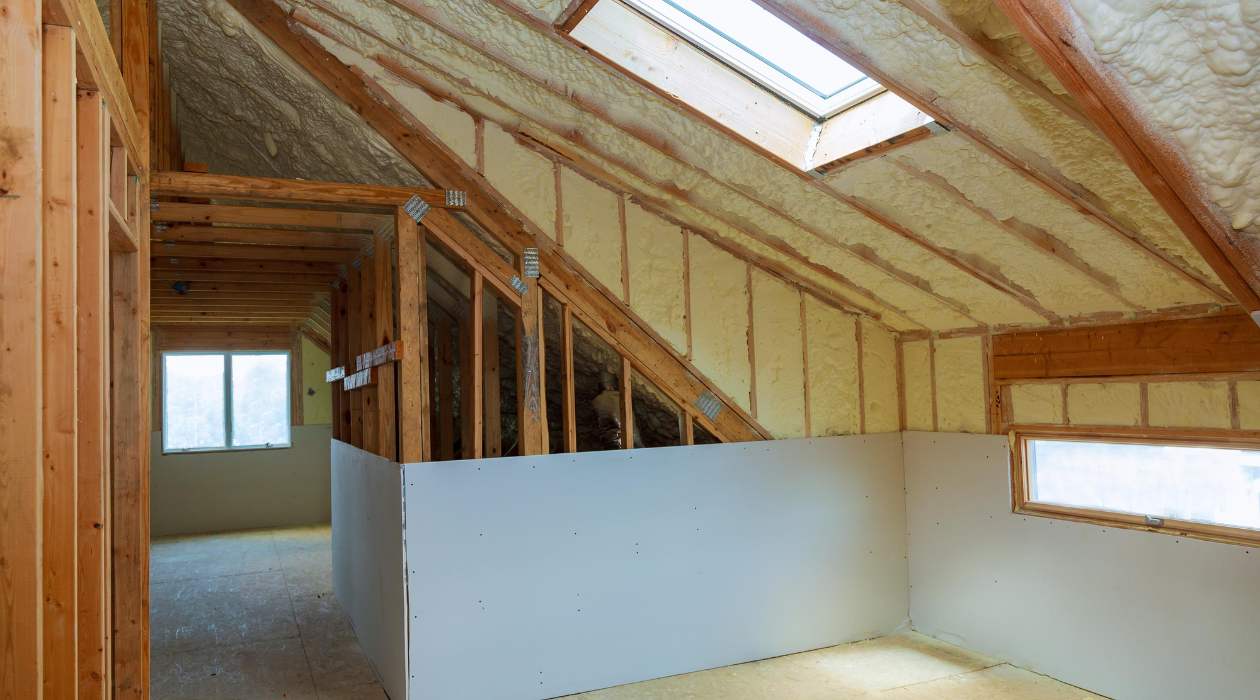

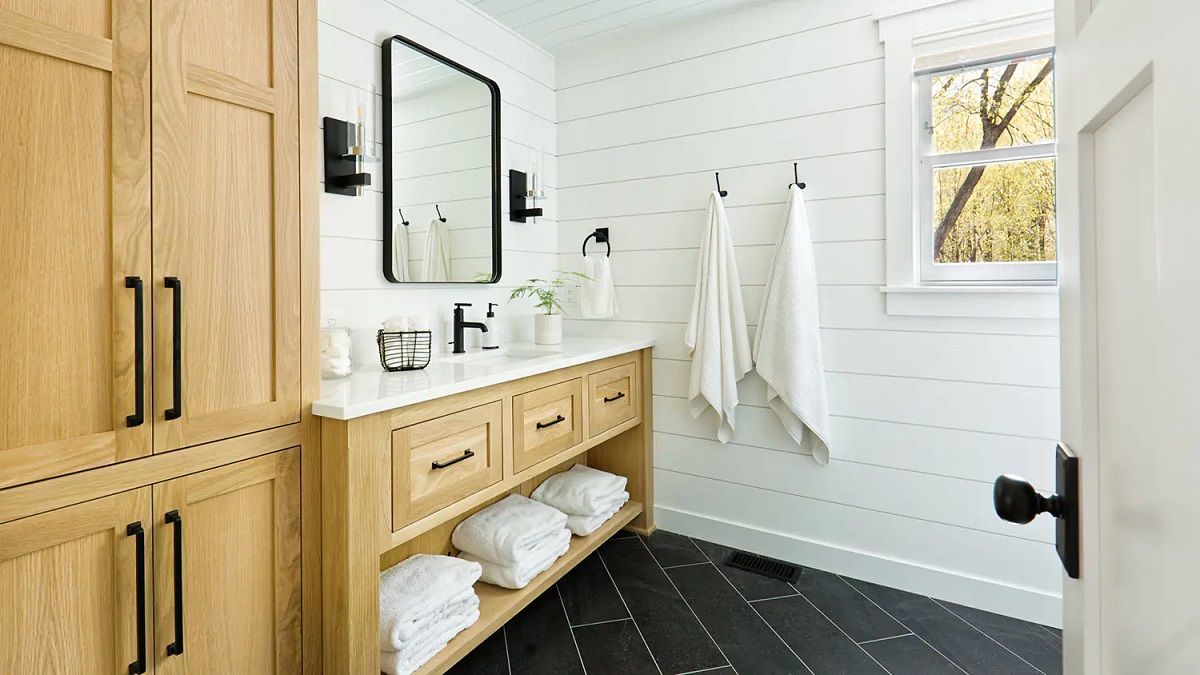
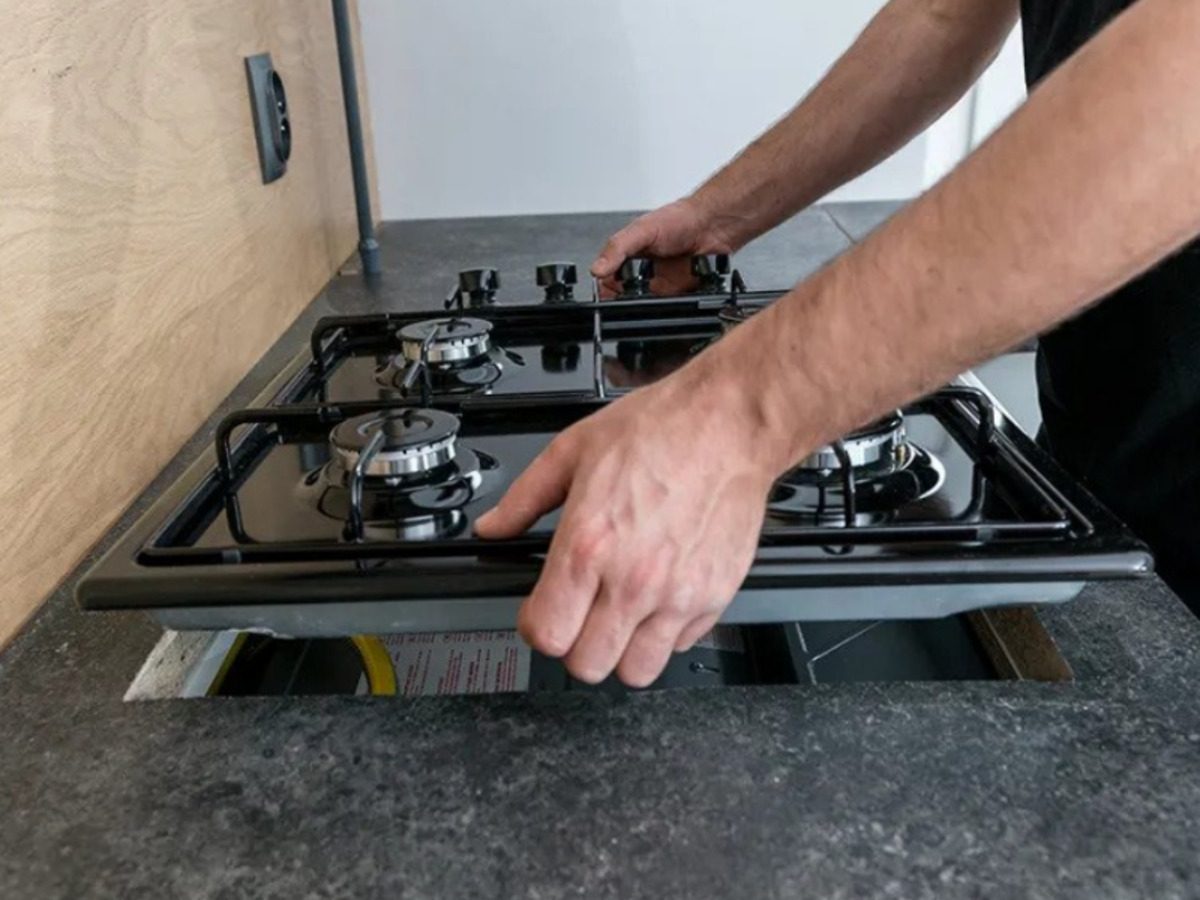
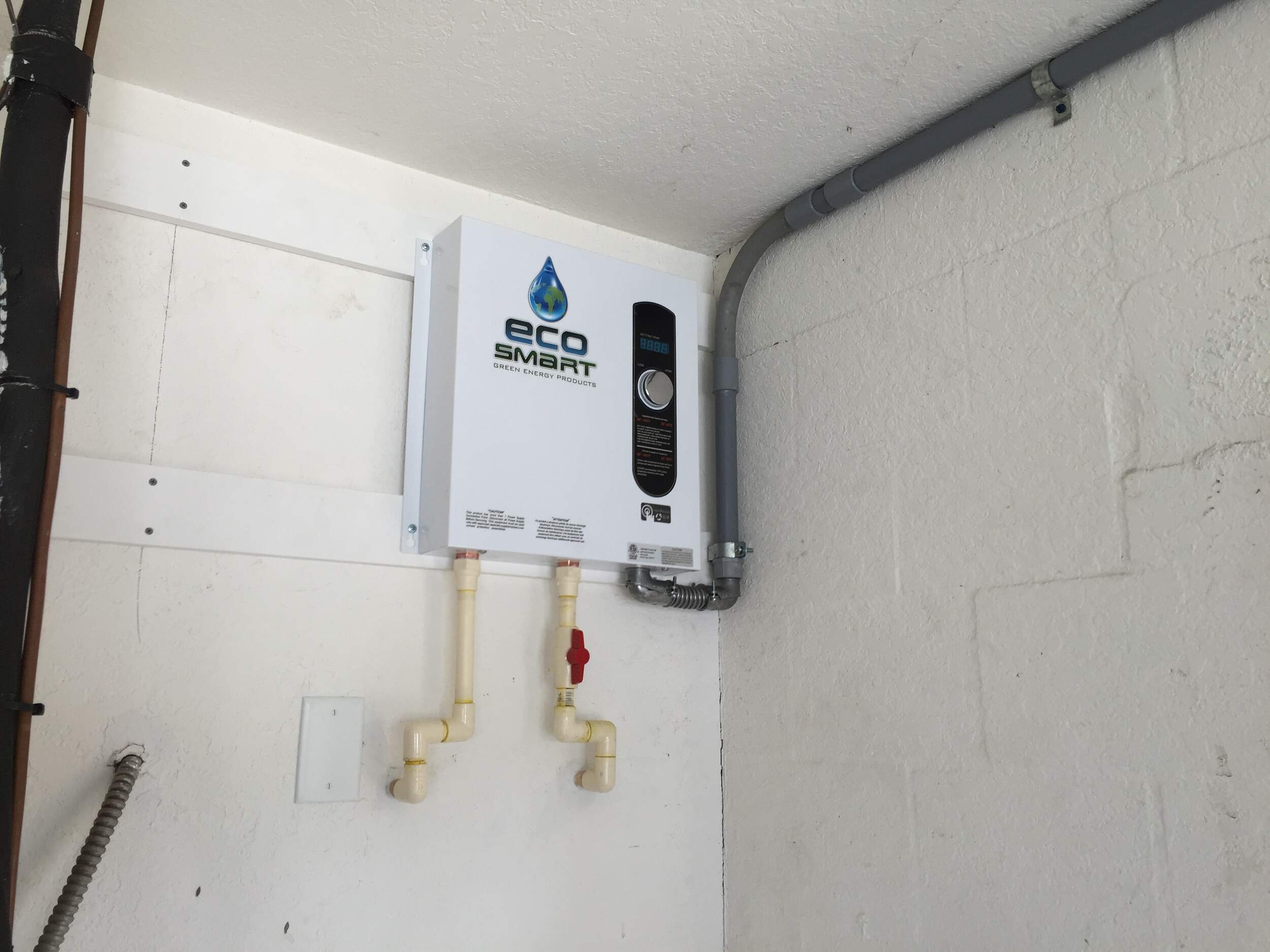
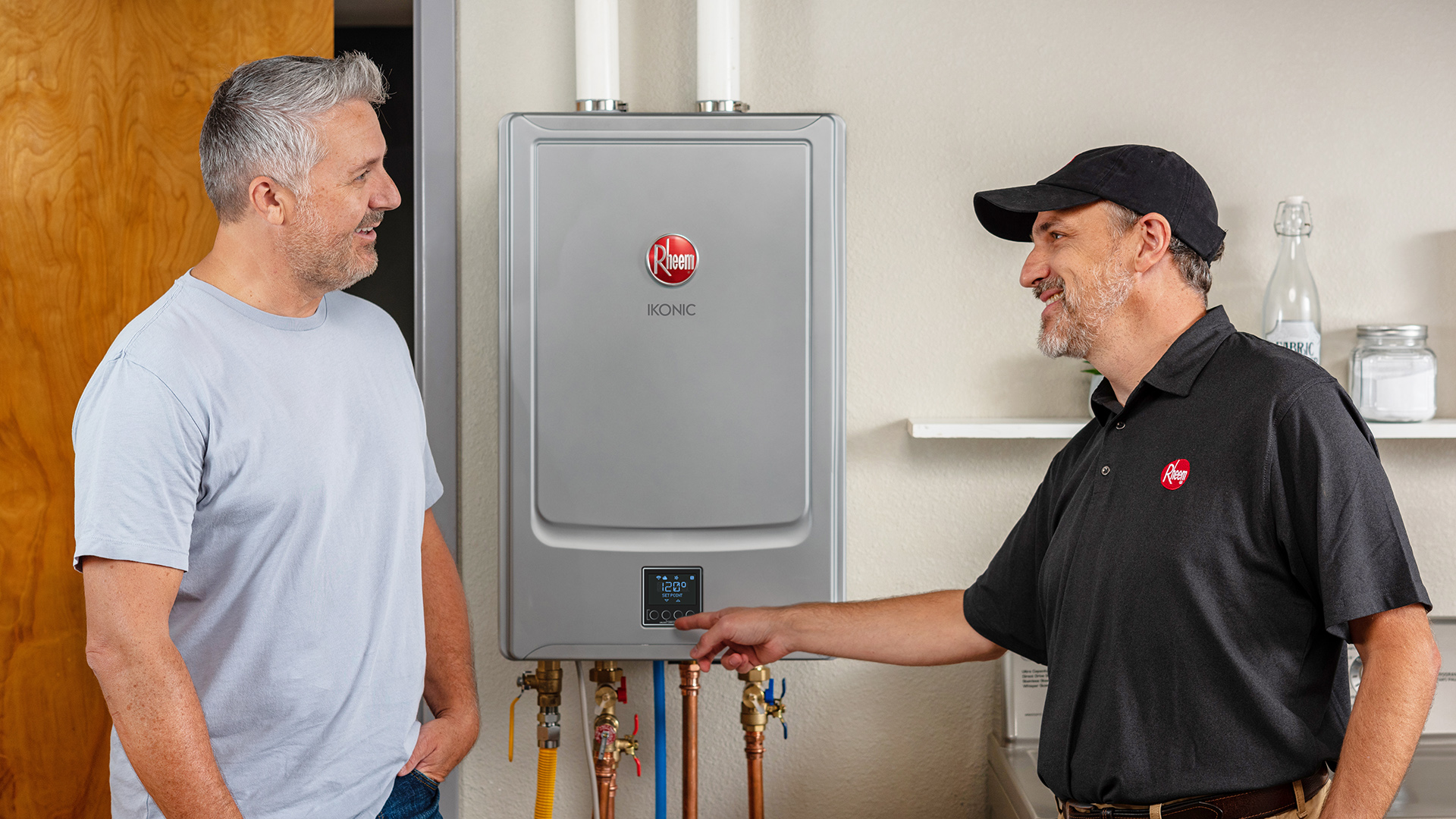
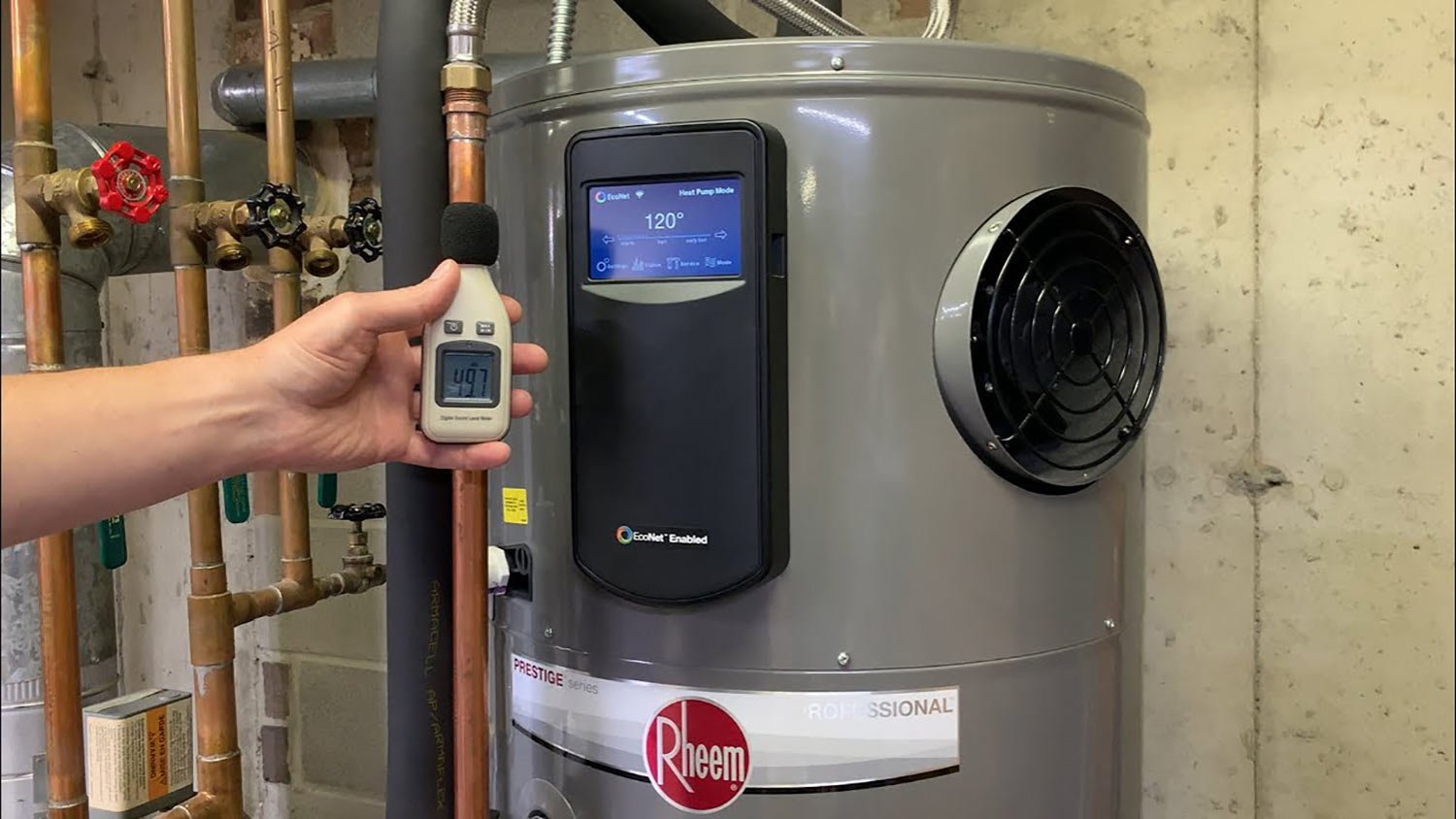
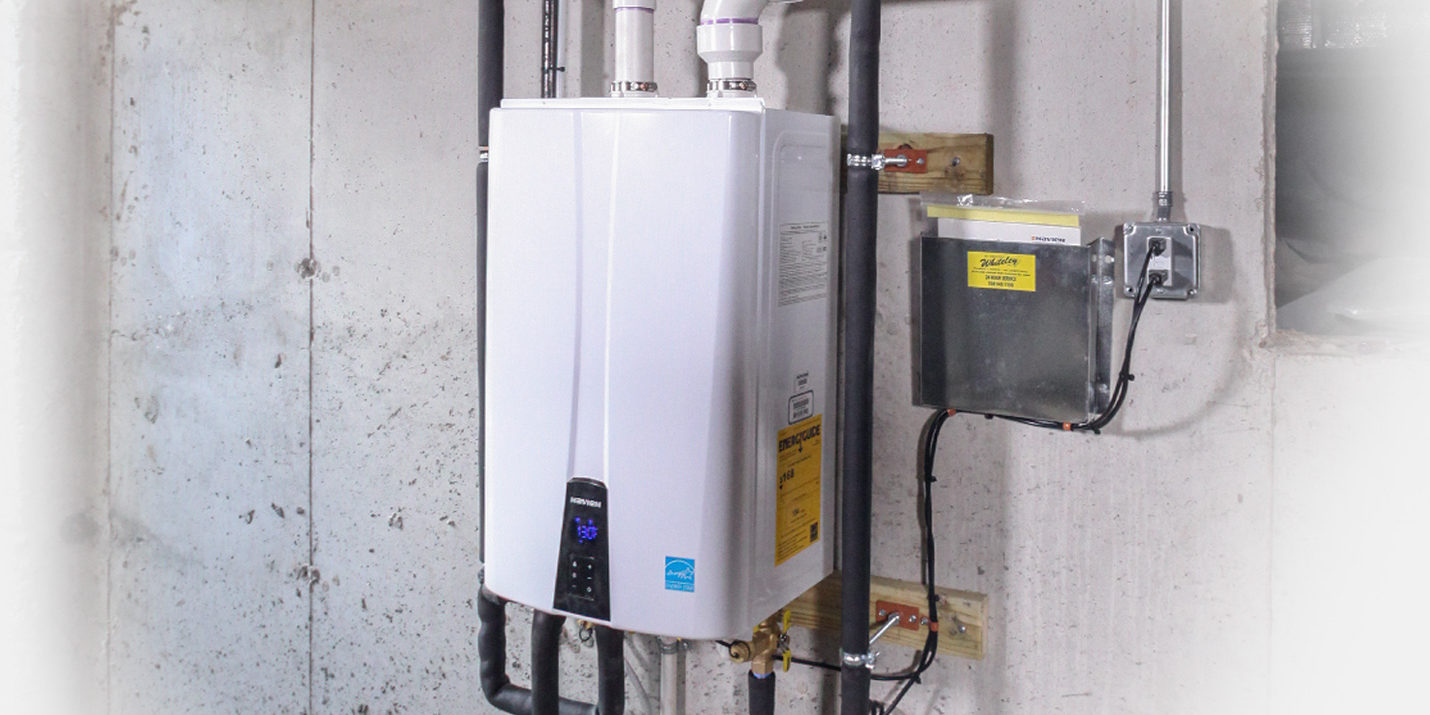
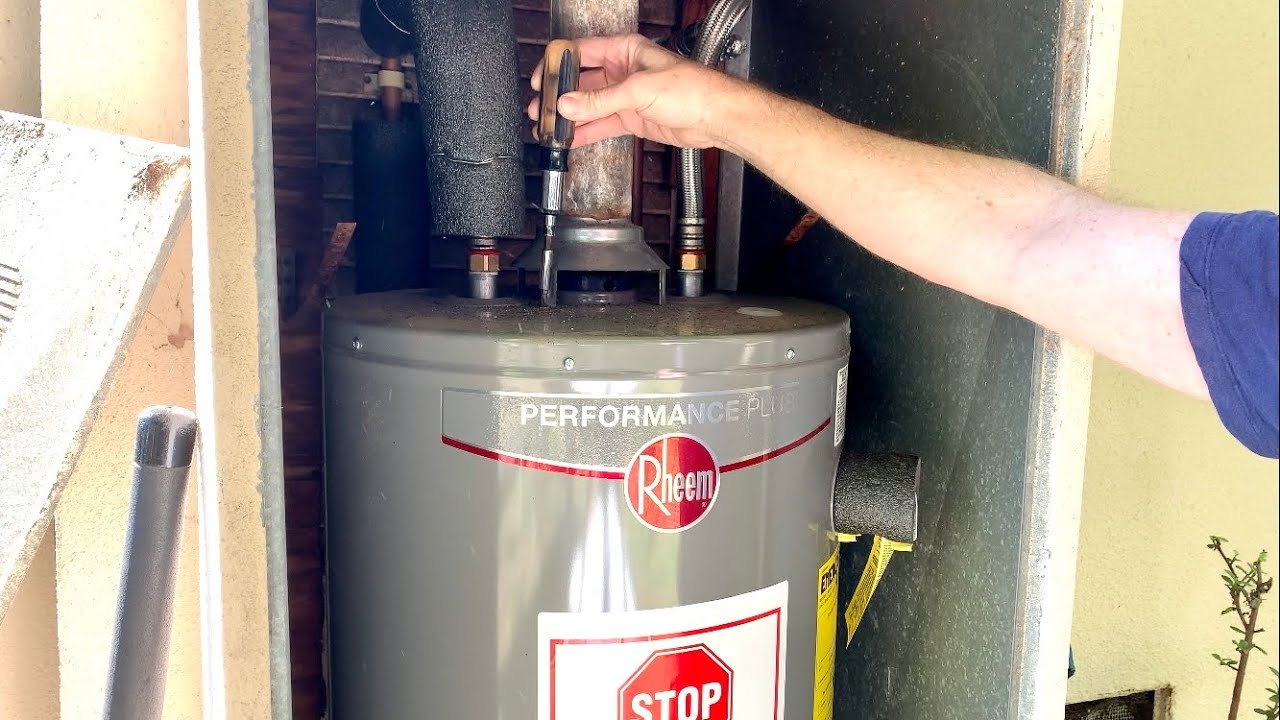
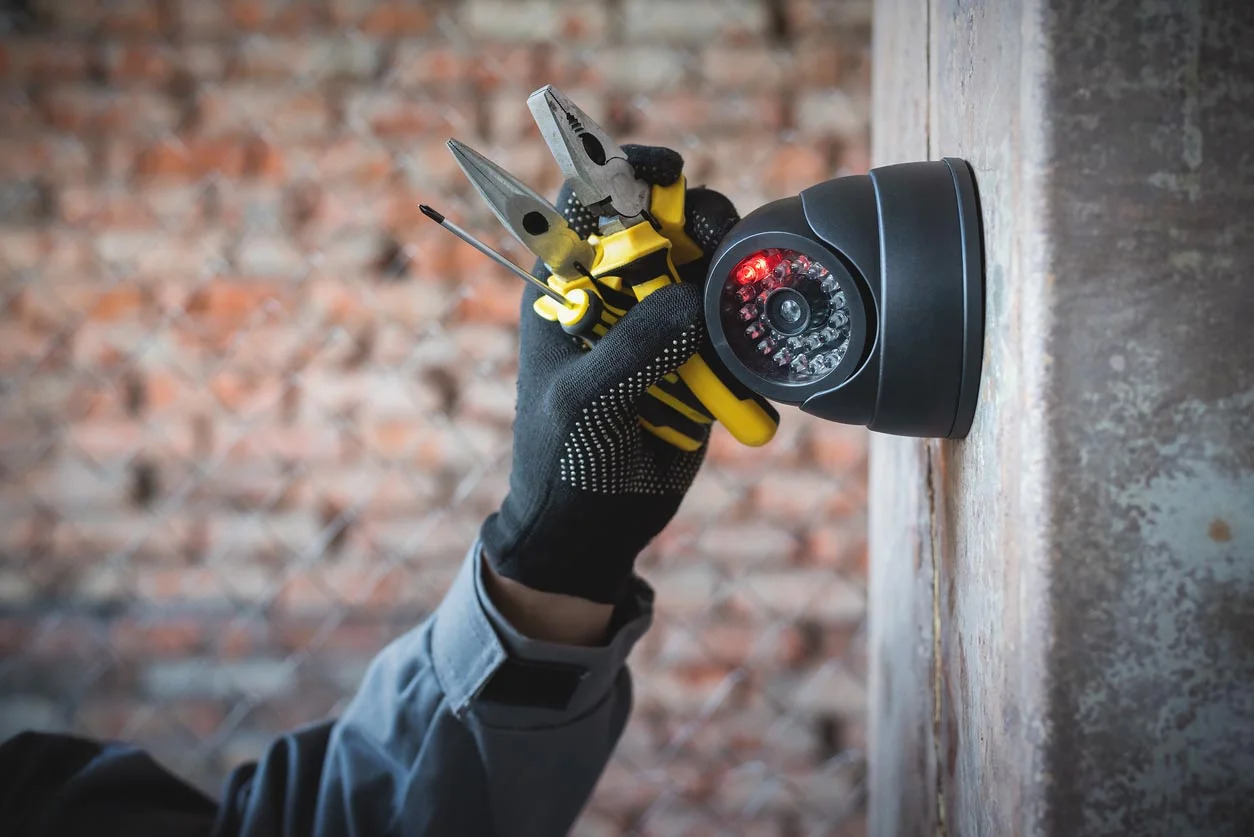
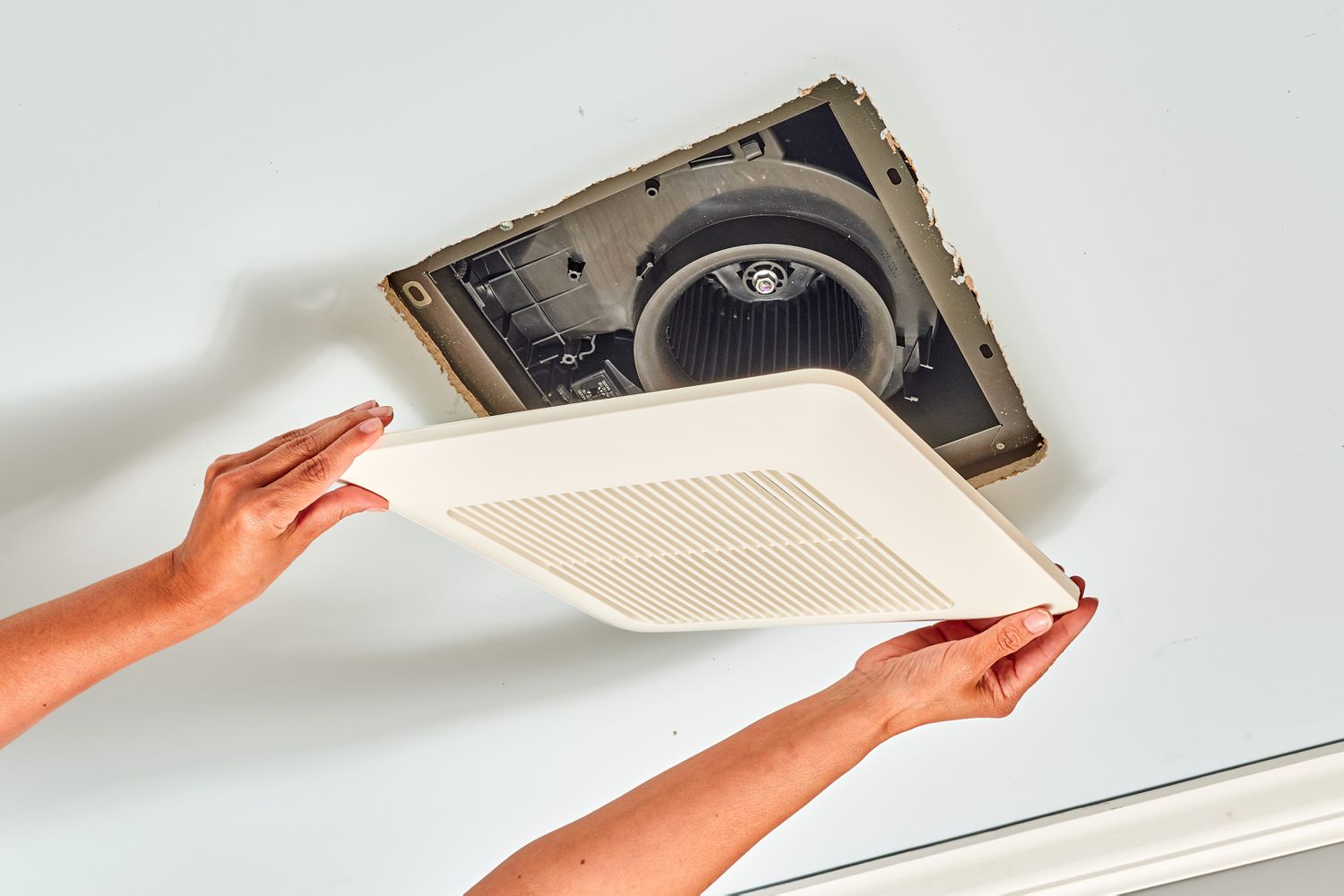

0 thoughts on “Who Can Install A Water Heater”